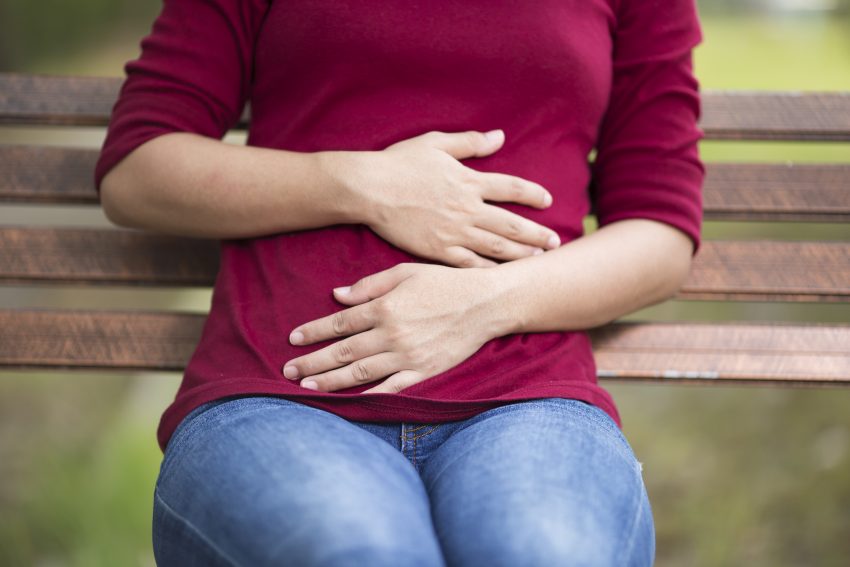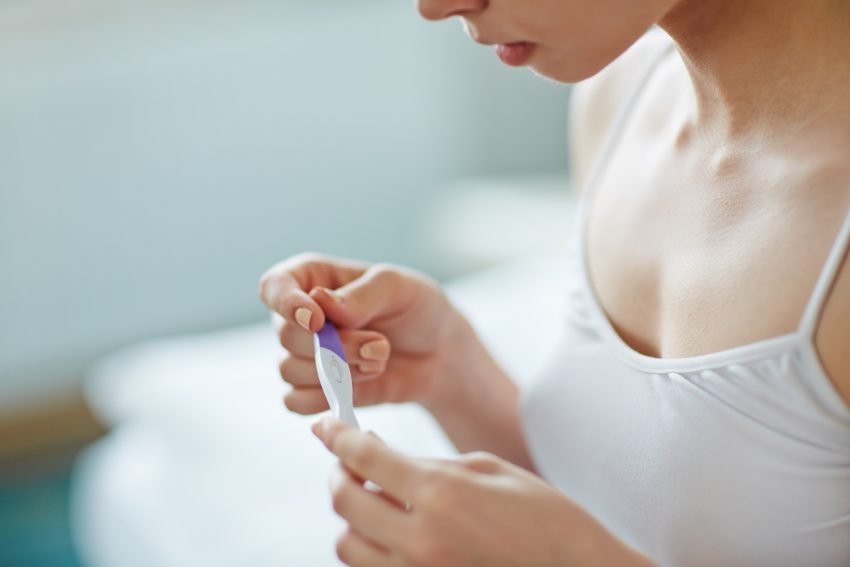- Details
- by: Admin
The article discusses the advantages of embolization as a non-surgical, non-invasive approach with several distinct advantages to fibroid patients. Key benefits include ease, effectiveness and safety of the procedure. But a very significant difference, according to the Wall Street Journal, is embolization’s extremely quick recovery time. The fibroid patient can now avoid the life/work impact ... Read more
- Details
- by: Admin

Fibroids are noncancerous tumors in the uterus that can cause abnormal bleeding. The hormones estrogen and progesterone stimulate their growth and when fibroids are large enough, they can cause discomfort and pain. Common sense says that when you stop having periods, chronic conditions of your female reproductive organs will also go away. But that isn’t ... Read more
- Details
- by: Admin

This method is recommended only under certain circumstances. This method is for someone with fibroids and no symptoms, or symptoms that are minimal and/or manageable. The logic is that since some fibroids will disappear on their own or will cause only minimal symptoms, it is better not to undergo active treatment unless it is necessary. ... Read more
- Details
- by: Admin

Living with fibroids often means living with pain and anxiety. It makes sense to explore ways that might prevent this condition or at least lessen its symptoms. While no diet can guarantee fibroid prevention, altering the food you eat may help slow fibroid growth. An even better plan? Take control of the problem while fibroids ... Read more
- Details
- by: Admin

At some point, most of us will experience abdominal pain. Most causes of abdominal pain are not worrisome and can easily be diagnosed and treated. The following is not intended to diagnose or treat abdominal issues, but merely to familiarize you with common causes and related conditions. The Basics of Abdominal Pain The abdomen is ... Read more
- Details
- by: Admin

Both endometriosis and fibroids have a role in menstrual irregularity and pelvic pain. They can present similar symptoms and can cause similar problems. And both are leading causes for a hysterectomy. But they are very different conditions. What is Endometriosis? The muscular walls of the uterus bear a lining called the endometrium. Every month, the ... Read more
- Details
- by: Admin

Most women will develop fibroids during their life time. Typically, fibroids develop when a woman is in her thirties or forties. Today, many women are choosing to start their families later in life which is why understanding the relationship between fibroids and infertility is so important. Fibroids Many women who have fibroids are still able ... Read more
- Details
- by: Admin

Uterine fibroids are responsible for more hysterectomies than any other health condition. Hysterectomy is the surgical removal of the uterus. Of the 600,000 hysterectomies performed in the US annually, nearly half will be performed to address a fibroid problem. Cancer and endometriosis are also commonly treated by hysterectomy, but are not nearly as prevalent in ... Read more
- Details
- by: Admin

Uterine fibroids most commonly affect women 40 to 50 years old. These benign tumors grow within the muscular wall of the uterus, and depending on size, have the ability to disrupt the abdominal space with their dense, fibrous tissue. Fibroids may cause a change in menstrual bleeding, pelvic pressure or pain, constant urination, and a ... Read more
- Details
- by: Admin
2014 some text and audio interview broken into three segments. (radio interviews with Pat Prescott, KTWV). Segment 1: How his interest in treating fibroids began Segment 2: Fibroid Treatment Options Segment 3: The most commonly asked questions about fibroid treatment Pat Prescott of 94.7 The Wave interviews Dr. Bruce McLucas about fibroids, ... Read more
- Details
- by: Admin
Stephanie Stephens of ‘Mind Your Body’ meets with Bruce McLucas, M.D., founder of the Los Angeles Fibroid Treatment Center to discuss how Uterine Fibroid Embolization shrinks uterine fibroids instead of surgically removing them.
